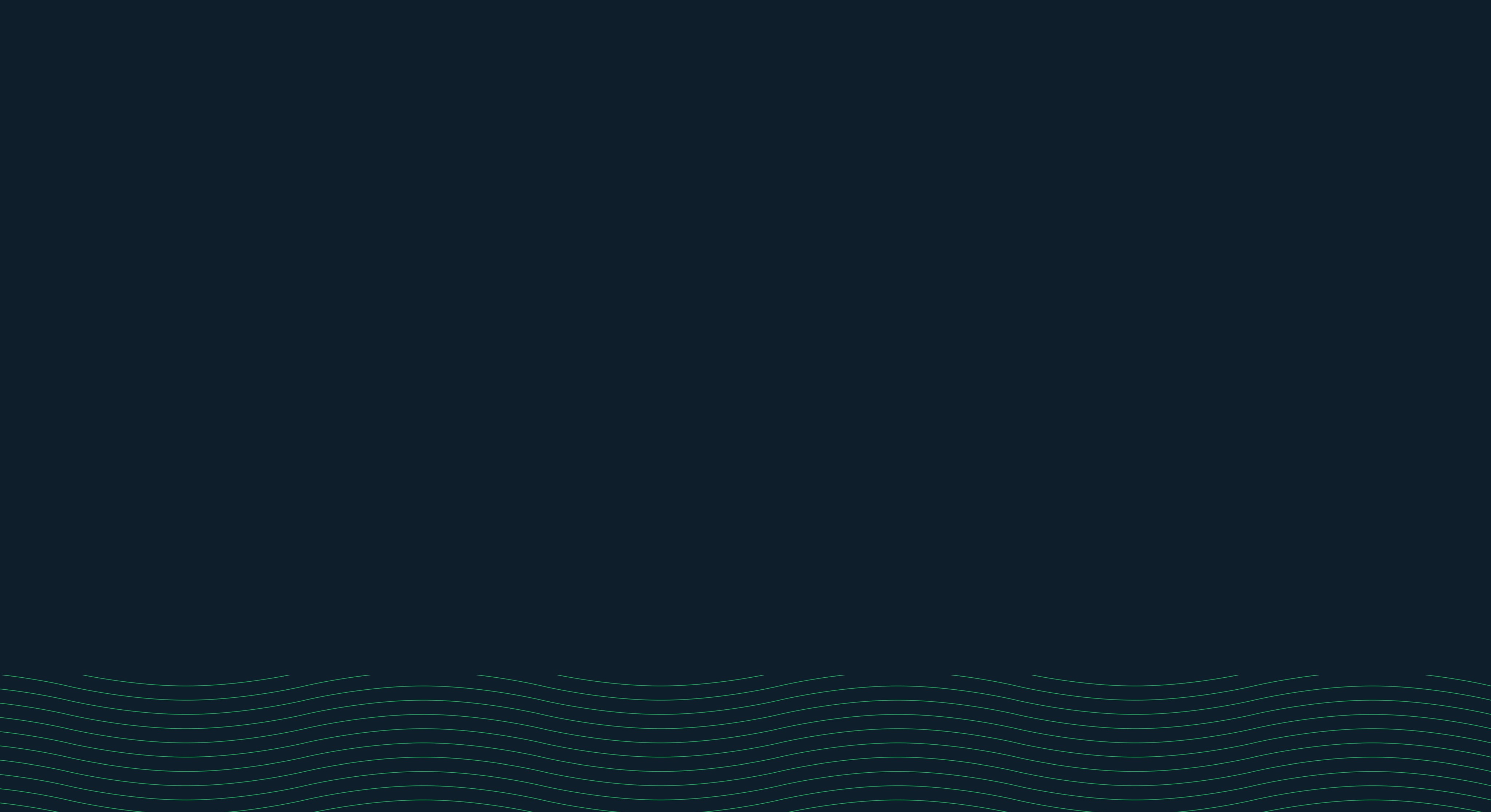
Augusto Digital Insights: Founders Series, featuring Joel Ross pt. 1
Joel Ross, co-founder of Augusto, shares the history behind Augusto and the many entrepreneurial efforts he and Brian Anderson have led.
In this episode, Brian Anderson converses with Joel Ross, Augusto Digital’s co-founder and CFO and Integrator. Joel has a 20-year career focused on consulting, computer science, product development, team leadership, and financial management. This is one part of a series focused on the people and relationships that guide Augusto’s vision for the future.
Brian and Joel start by sharing how they met—right out of college at Crowe. They laugh about their first experiences in the development world, writing programs on a TI-85 calculator. The two worked together on several projects at Crowe, before Brian left for Sagestone—and eventually recruited Joel to join him there.
At Sagestone, the two thrived in the more technical business. And that’s when they built their first business together: a March madness tool that eventually morphed into TourneyTopia. This tool has served many large customers, including Microsoft, Time Warner Cable, Aerosmith, and the Tennis Channel.
Over the next several years, the two continued doing development and consulting work by day, and squeezing in various entrepreneurial efforts whenever they had free time. PayIt2 is one lasting product that Brian and Joel created as a way to collect money.
One day, Brian invited Joel and Jim Becher to his cottage on Little Whitefish Lake. He took the guys for a boat ride, dropped the anchor, and wouldn’t let them go back to shore until they formed a deal to start their own company.
As of late 2016, Augusto was formed—with Brian, Marty Balkema, and one or two contractors. By 2018, Joel joined on full-time, and Jim joined in early 2019. From there, Augusto quickly began to grow, adding marketing and sales staff and a real business plan.
Listen to the podcast to discover where Augusto is heading now.
We thank Joel for his time on the Augusto Digital Podcast, as he helped us uncover the beginnings and growth of our company!
To listen to the other podcasts in the Founders Series, follow the links below:
Founders Series: Joel Ross Part 2
Founder Series: Jim Becher
Let’s work together.
Partner with Augusto to streamline your digital operations, improve scalability, and enhance user experience. Whether you're facing infrastructure challenges or looking to elevate your digital strategy, our team is ready to help.



